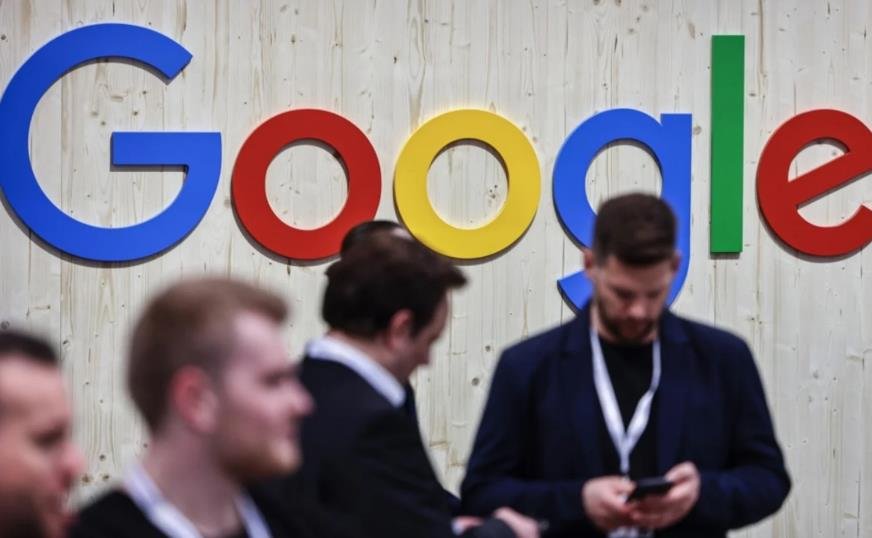The future of Google hangs in the balance as federal courts weigh in on the company’s dominance in the advertising market. A decision looming in the coming weeks could force Google to divest its advertising arm, fundamentally altering the tech giant’s business model. This move comes amidst growing scrutiny over Google’s market practices and their impact on competition.
Could Google’s Advertising Empire Be Split?
Google’s advertising business, a cornerstone of its revenue, is under severe threat as antitrust regulators push for its breakup. If the court rules in favor of the Department of Justice, Google’s control over the ad market could be dismantled, ending its near-monopoly status.
The potential split targets key components of Google’s ad operations, including:
- Google Ads: The primary platform for advertisers to reach audiences.
- Ad Exchange (AdX): Facilitates the auctioning of digital advertising space.
- DoubleClick Acquisition: Enhances Google’s ad server capabilities, making it a formidable competitor.
Sruthi Thatchenkery from Vanderbilt University highlights the vulnerability of Google’s core services: “A lot of the core businesses that Google provides, particularly search, are not making money on their own.”

Impact on Google’s Workforce and Finances
A breakup could have far-reaching consequences for Google’s vast workforce and financial health. With over 180,000 employees and revenues exceeding $300 billion in 2023, the restructuring would necessitate significant adjustments.
Financial Implications:
| Aspect | Current Status | Post-Divestiture Scenario |
|---|---|---|
| Revenue from Ads | $300+ billion | Potential significant decrease |
| Employment Numbers | 180,000+ employees | Possible layoffs and reassignments |
| Market Valuation | Among the highest globally | Likely to experience volatility |
Danielle Coffey of the News/Media Alliance points out, “Google has unfettered access to all the content with monopoly terms,” indicating the deep integration of its services within the digital ecosystem.
Legal Arguments: Government vs. Google
The crux of the antitrust case hinges on whether Google’s dominance is a result of unfair, anticompetitive practices or a byproduct of its superior products and business strategies. The Department of Justice argues that Google’s acquisitions and market control stifle competition and harm consumers.
During the trial, prosecutors scrutinized Google’s strategic purchases, such as DoubleClick and AdX, suggesting these moves were designed to eliminate competition rather than enhance service quality. Google counters by asserting that competition exists and that its products are chosen for their quality and effectiveness.
Key Legal Points:
- Monopoly Definition: Dominance in a market coupled with anticompetitive conduct.
- Prosecutor’s Stance: Google’s acquisitions were aimed at monopolizing the ad market.
- Google’s Defense: Competition from other tech giants like Meta ensures a fair marketplace.
The Road Ahead for the Advertising Industry
Should the court decide to dismantle Google’s advertising division, the ripple effects across the digital advertising landscape will be profound. Competitors may find new opportunities to gain market share, while advertisers and publishers seek alternatives to Google’s platforms.
The potential outcomes include:
- Increased Competition: More players in the ad market could lead to better prices and services for advertisers.
- Innovation Boost: Freed from monopoly constraints, companies may innovate more aggressively.
- Consumer Impact: Changes could lead to more diverse and potentially less expensive advertising options.
As the decision approaches, stakeholders across the tech and media industries are closely monitoring the case, understanding that its resolution will set a precedent for how tech giants are regulated in the future.







